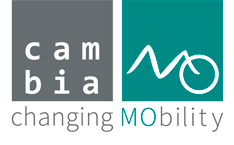About us
About us
We are a non-profit cooperative organization based in Madrid and composed of people with expertise in urbanism, engineering and economics focused on research, consulting and action in urban mobility and its transformative processes towards healthier, more sustainable and equitable models and patterns, with locally based activities that facilitate social interactions in the public space.
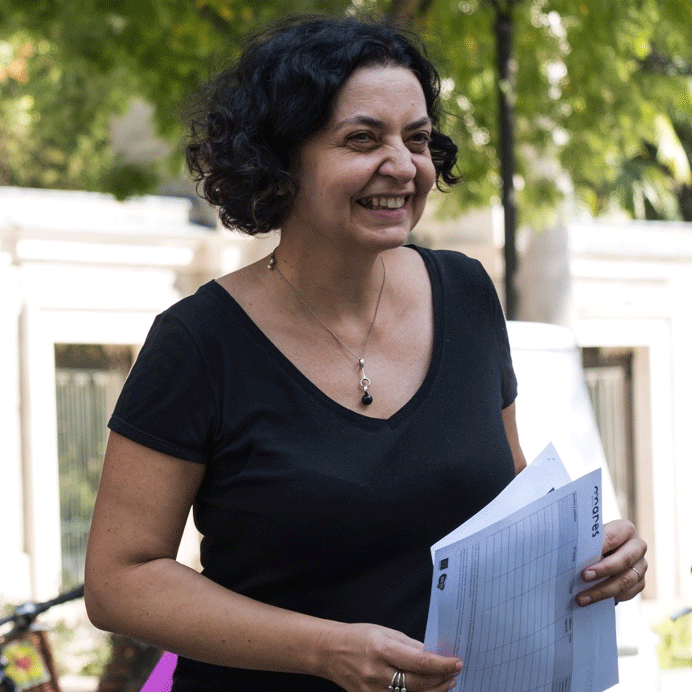
Floridea Di Ciommo
economist and urban analyst
Ph.D. in transport and urban planning at the Ecole Nationale des Ponts et Chaussées-ParisTech (Paris), and MSc. in Economics at Bocconi University, Milan, Floridea is director of cambiaMO. She has an extensive experience in travel behavior modeling and transport assessment within various academic institutions and authorities.
These institutions include the Ecole Nationale des Ponts et Chaussées -ParisTech, the French Institute of Urbanisme, the UPM-Technical University of Madrid, UPC-Cataloña-BarcelonaTech, and the OECD. In particular, she works on the nexus between travel behavior, social and environmental variables, and equity issues.
She coordinated the EU Cost Action Transport Equity Analysis (TEA, TU 1209). She got two grants for excellence: one in France by the Ile-de-France region for her post-doc research on environmental inequality and a second one in Spain (Juan de la Cierva), for her research work on travel demand modeling and socio-economic effects of transport. She is a member of the Transportation Research Board (TRB) Committees on Travel Behavior and Value and Women’s Issues in Transportation. She is chairing the Behavioral Processes: Qualitative and Quantitative Methods subcommittee at the TRB. She is a member of the European platform Women in Transportation for Change.
She has taught in various European universities (Spain, France, UK, Slovakia) and supervised students for their PhD or master’s thesis. Currently, she is co-chair of the work package on Mobility for the Urban Innovative Action “Mares Madrid” where she is tutoring innovative entrepreneurial ideas in sustainable mobility with a gender perspective. She is chair of WG1 on Macroeconomic and legal impact of the EU COST Action (WISEACT, CA16222).
She is cooperating with national and international institutions and associations such as the Organization for Economic Cooperation and Development (OECD), the European Commission and the Spanish Transport Department (DGT) for gender and transport aspects, and the Transport & Environment Association for modeling health impacts of transport. She carries out decision support projects for Municipalities (e.g. Madrid), Metropolitan Areas (Barcelona Metropolitan Area), Transport Authorities such as the ATM of Barcelona, and research centers such as IFSTTAR, in France). She advises several H2020 European projects on sustainable mobility and accessibility. Within cambiaMO she is responsible for research, innovation and development in the fields of equity and transport, inclusive technology, and sustainable logistics.

Johanna Zambrano
environmental engineer
Johanna is an Environmental Engineer (San Francisco University) with a PhD in Chemical and Environmental Engineering from the University of Valladolid and an MSc in Environmental Management and Technology. She is currently a Senior Researcher at cambiaMO, leading projects on climate change and circular economy.
Previously, she was Project Manager in the R&D Department at Aqualia, specializing in wastewater treatment and biogas production.
Johanna has contributed to national and European research projects on biomaterials, renewable energy, hydrogen and biomethane storage, recovery of transition minerals, and waste valorization.
She has published 12 scientific papers, presented at international conferences, and participated in expert meetings on wastewater treatment. Since 2019, she has collaborated with the Institute of Sustainable Processes.
Additionally, she conducted research in South Korea at the Environmental Biotechnology Laboratory for Water and Energy, focusing on electrochemical processes for wastewater treatment. She also worked on the project Nanoplastics as Carriers for the Spread of Chemicals and Antimicrobial Resistance in the Aquatic Environment at the International Water Research Center in Cyprus.
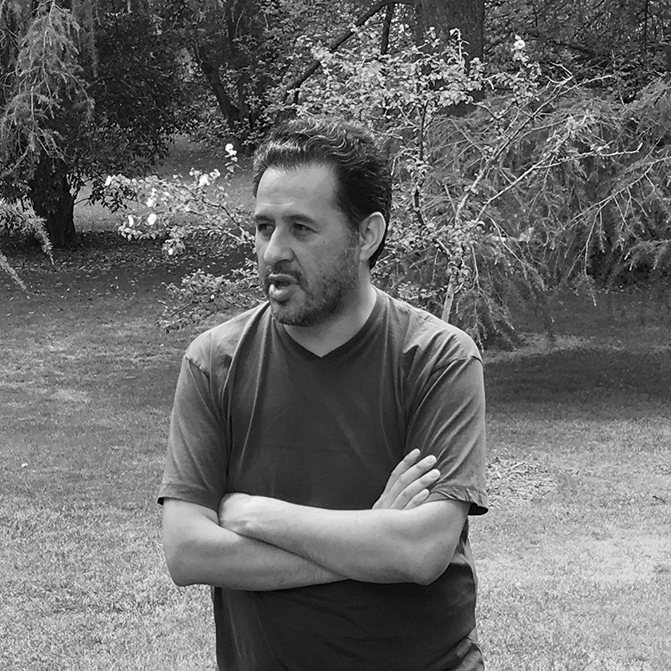
Marcelo Ibiett
civil engineer
Master in Integrated Project Management at Universidad Politécnica de Madrid and Civil Engineer at Universidad Mayor de San Andrés de La Paz, Marcelo is co-founder and director of technological developments of cambiaMO. He has extensive experience in the management of massive urban transport projects.
Collaborators
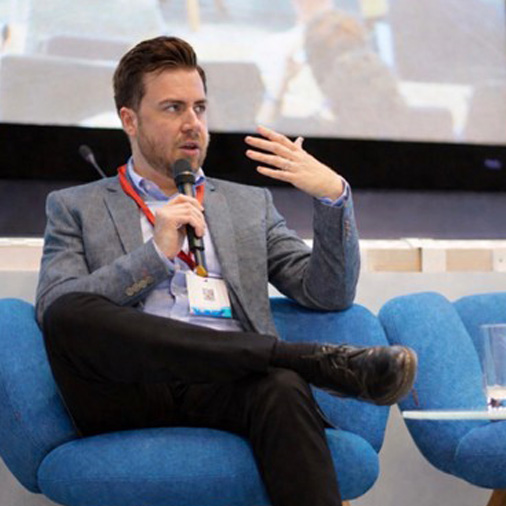
David Abril
researcher
David Abril Molins holds a Master’s degree in Global Energy and Climate Policy from the Scool of Oriental and African Studies (SOAS), University of London, and has a degree in International Relations from Ramon Llull University and in Institutional Relations from Miguel de Cervantes University. David is a researcher in urban mobility and project manager as an external collaborator at cambiaMO, where he works with cities to promote transport policies that promote sustainability, equity and accessibility as fundamental principles.
Previously, he worked at Climate Action Network (CAN) Europe, where he supported climate and energy advocacy, worked on creating the ‘Together for 100% Renewable Europe’ campaign, and aligned the common voice of a broad network of organisations, always working to consolidate the organisation’s membership network. At the European Cancer Organisation, he contributed to promoting the Network on the Impact of Climate Change on Cancer, its identity and governance, and aligned work with the European Commission and the WHO while providing research support.
His career began in the Department of Social Rights and Equity of the Generalitat de Catalunya, where he promoted and supported European programmes with municipalities and social entities, ensuring regulatory compliance, the inclusion of vulnerable groups and accountability to EU bodies. This public sector experience underpins his commitment to basic services and to implementation that is both rigorous and humane.
Today, at cambiaMO, David is an external collaborator and participates in the development of research and action on urban mobility and transport policy. His work combines the participation to the current Horizon Europe project, applied research and facilitation: he conducts research, makes policy more accessible and actionable and supports the design of participatory and inclusive workshops to advance the organisation’s objectives.
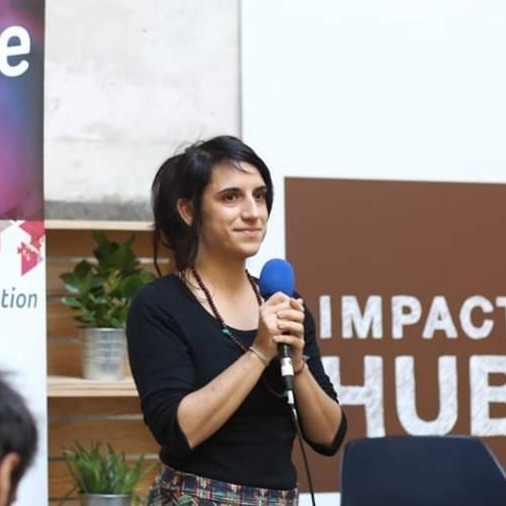
Marta Orihuel
environmental scientist
Marta is an Environmental Scientist (Autonomous University of Madrid) and a Human-Centered Design Specialist, with a Master’s Degree in Innovation, by H2i Institute and a Master’s Degree in International Cooperation: Peace and Development, by the Basque Country University.
She has a deep knowledge in Agile Human Centered Methodologies, mastering methodologies to work in the fields of UX (user experience) Research, Innovation and Human Centered Design: Design thinking, Strategic design, Transition Design and Service and Product Design; Visual thinking, Future Scenarios and Systems thinking; Lean Startup and Creative Problem Solving. She has been completing her toolkit over the years acquiring personal and interpersonal skills for working in social innovation with groups and communities rich in diversity, to develop creative solutions to address complex problems in high uncertainty environments. She has gained skills for conflict transformation and process facilitation, being trained in community development methods and facilitation skills (i.e.: art of hosting, oasis, non-violent communication, participatory methodologies, critical thinking, storytelling, …). Her fields of expertise are: Environmental Issues (specialized in Mobility and Urban Ecology) and Sustainability; Social Entrepreneurship (service and product Human Centered Design); and Community Building and Development.
She has experience as a trainer in environmental awareness, and is the co-founder of Goteo co-operative company that develops sustainable mobility options, within the social economy framework (rewarded with the Young Social Entrepreneurs’ Award from the European University and the Sylvian Laureate Foundation in 2013).She is a member of different collaborative communities and has supported and taken part on initiating several social businesses. Her work aims at designing processes and actions that can accompany changes to raise the social and environmental positive impact of the projects, by developing innovative practices and improving relationships.
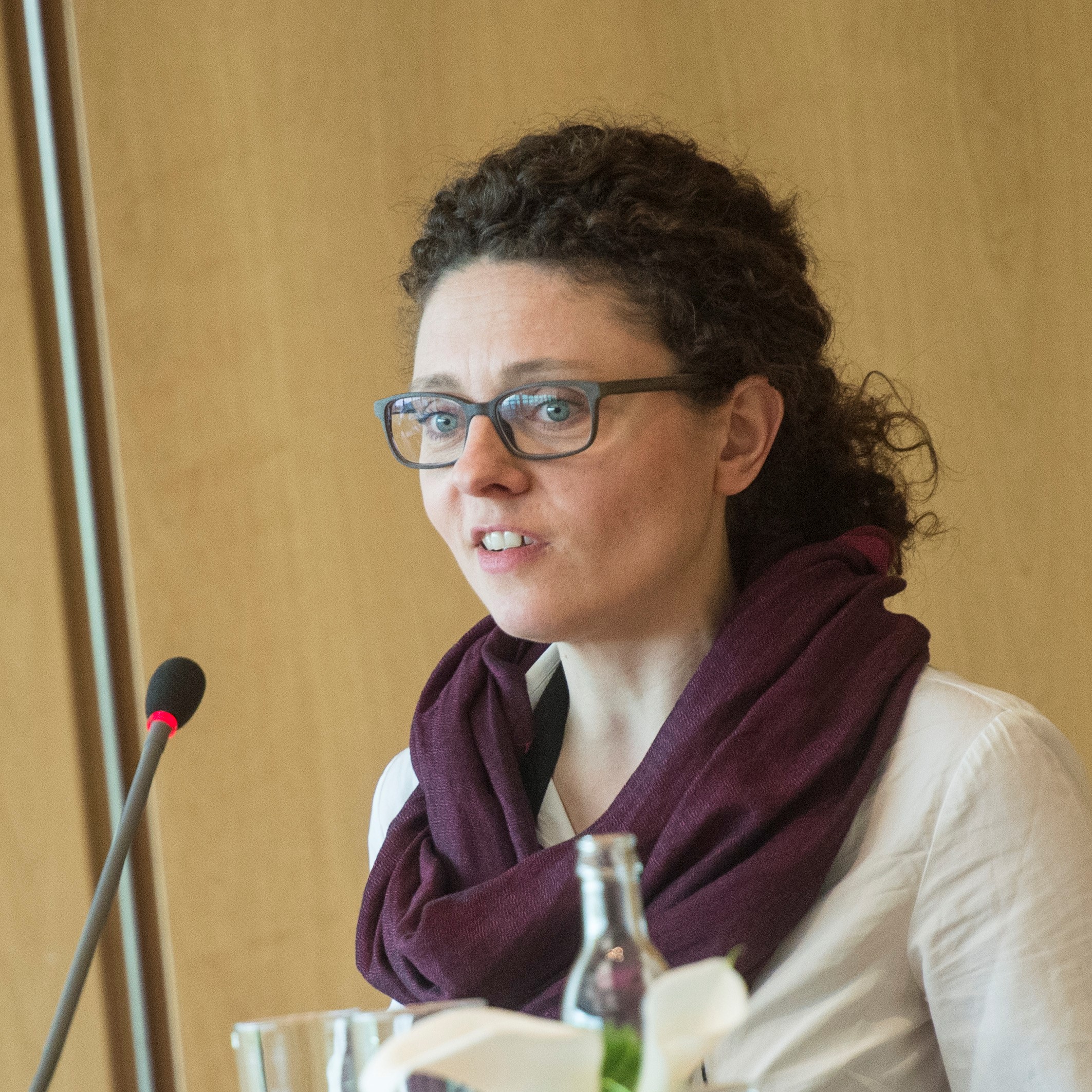
Florinda Boschetti
urban planner
Urban planner with a background in sustainable mobility and over 20 years of experience collaborating with local governments, academia, and the private sector. Florinda’s expertise lies at the intersection of innovation, sustainability, and urban governance. She aims to inspire transformative actions.
””
She holds an MSc in Urban, Regional, and Environmental Planning from Politecnico di Milano (2001) and a Ph.D. in sustainable transport from Università degli Studi di Brescia (2009). Over the years, she has focused on walking and cycling, health, public space, and air quality. Her work has spanned research, the public sector, and European network associations, collaborating with public officials, practitioners, national and international stakeholders, and intergovernmental organizations.
In 2009, Florinda relocated to Brussels to join the European Cyclists’ Federation, where she co-developed capacity-building programs in cycling policy for city leaders and practitioners. During her time at Polis Network (2012-2020), Florinda served as the coordinator of the Health and Transport Working Group. She actively contributed to the public debate on integrating health considerations into transport planning. Since then, she has managed more than 15 strategic European research and innovation projects. These projects cover a wide range of topics, from active mobility to urban logistics, mobility indicators, automated vehicles, electromobility, and sustainable urban mobility planning.
In 2020, Florinda took on the role of Head of City Club community of practice within the Management Team of EIT Urban Mobility Knowledge and Innovation Community. In this capacity, she collaborated with a Europe-wide partnership to co-develop challenge-based solutions at the intersection of technology and policy.
Florinda is a Senior Expert invited by the Solar Impulse Foundation to evaluate cleantech solutions for their Efficient Solutions label. Additionally, she is regularly assessing research and innovation projects within various EU programs.
Legacy
cambiaMO | changing mobility was founded in 2010 by five junior and senior researchers who, from the academic sphere, were working in European and national research programs, focused on transport analysis, cost-benefit analysis tools and user-centered social innovation with participatory approaches.
The members of the cooperative received more than € 5,000,000 in projects from European Union funds, the COST-European Cooperation in Science and Technology association, the Spanish Research Program, the OECD International Transport Forum, the European association Transport and Environment, the European Climate Change Foundation and several local and regional authorities and institutions.
Mission
Our mission is to trigger processes of socio-technical transformation of the mobility system towards sustainability, equity and resilience, through systemic analysis, research methodologies and social innovation initiatives.
From the beginning of our activity in 2010, we set up the objective of providing the services of research, consulting and transformative action in an independent, creative and innovative way compared to the current state-of-the-art.
Our main objective is to foster and reinforce a new culture of mobility in the organizations we accompany, through innovative solutions and analytical approaches.
Vision
We believe it is necessary to rethink mobility from new paradigms to break with inequalities and inaccessibility of transport and unsustainable patterns in order to work towards socio-technical transitions of the system to healthier and more equitable models that facilitate social interactions and co-creation in the public space.
We have a way of understanding mobility that is intimately linked to the understanding of the city. The city is, above all, a space for social interaction and coexistence. Therefore, we need to design the urban spaces and the transport systems for building sustainable cities, communities and neighborhoods.
Combining both the social dimension and the knowledge of technical aspects, we provide solutions which are sustainable, equitable, gender balanced and resilient.


Projects
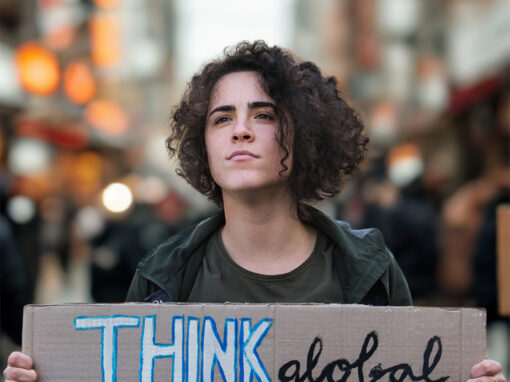

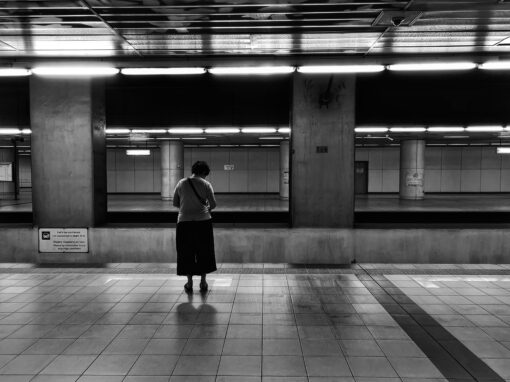
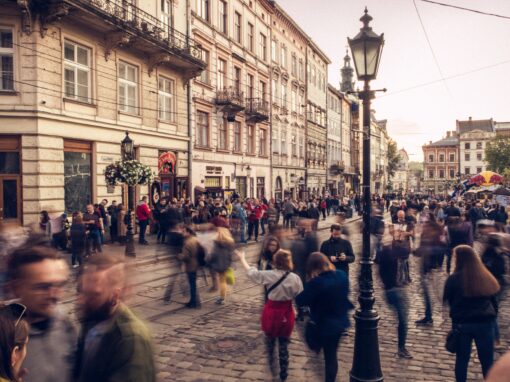

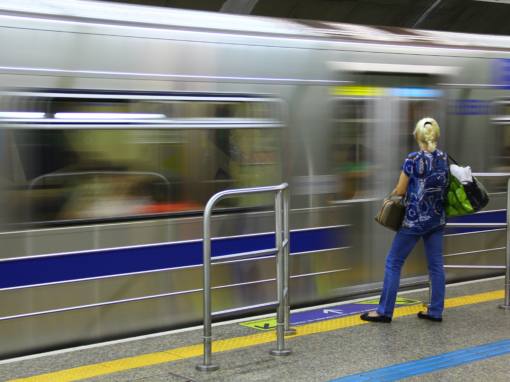



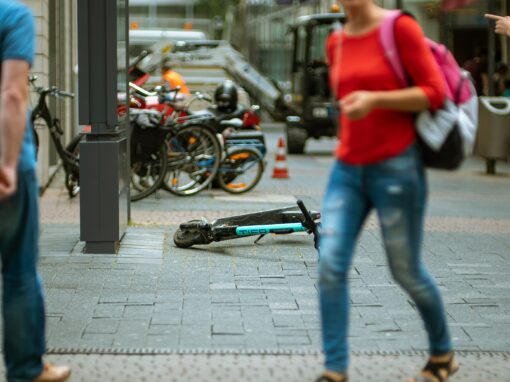
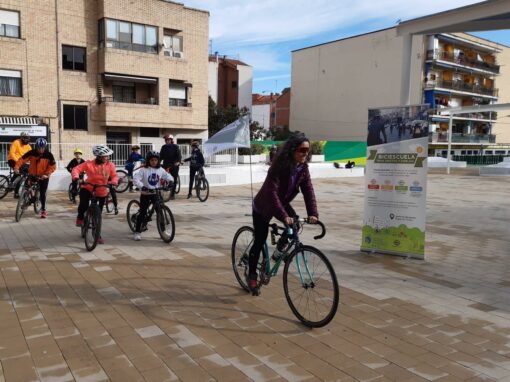
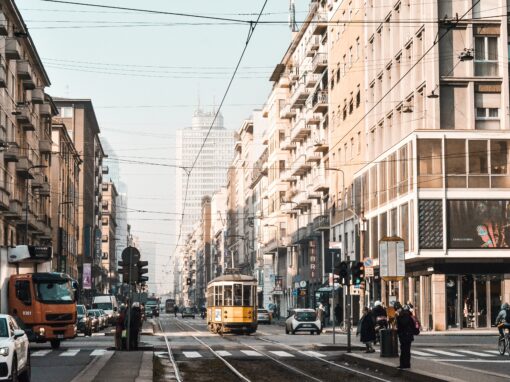
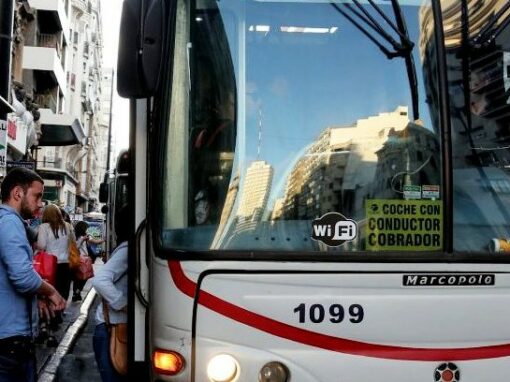
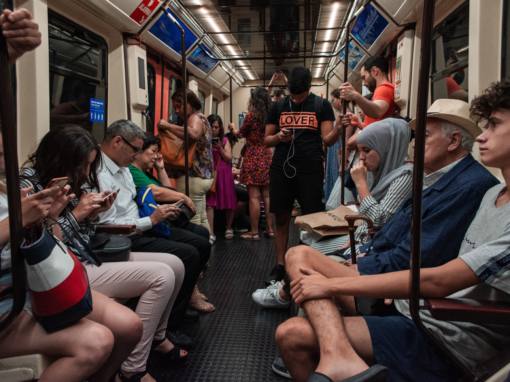
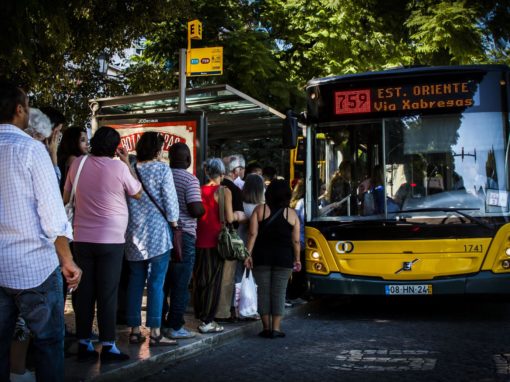
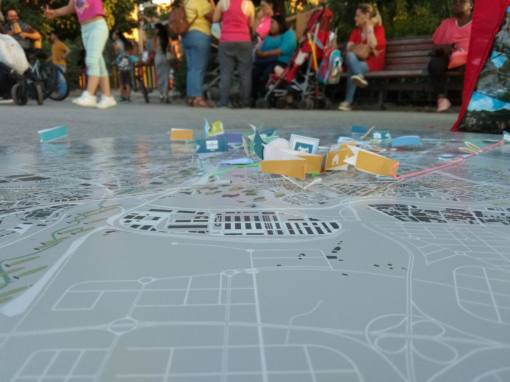
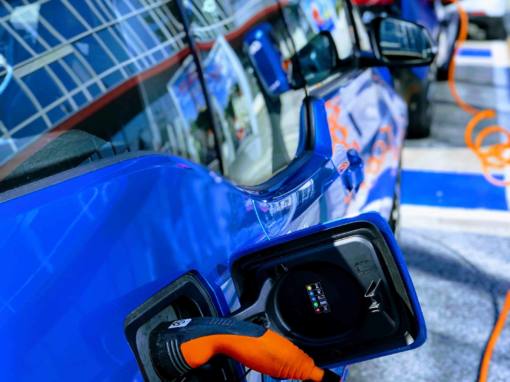
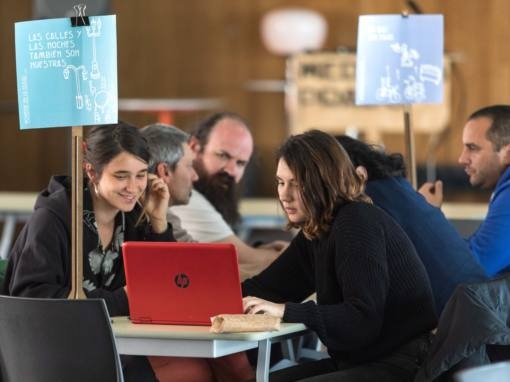

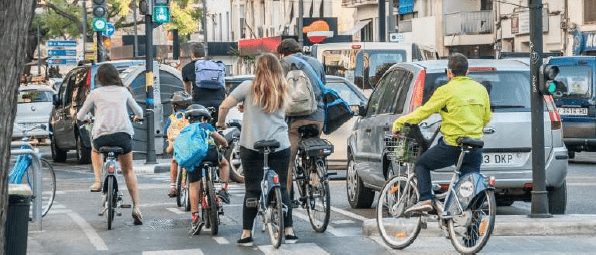
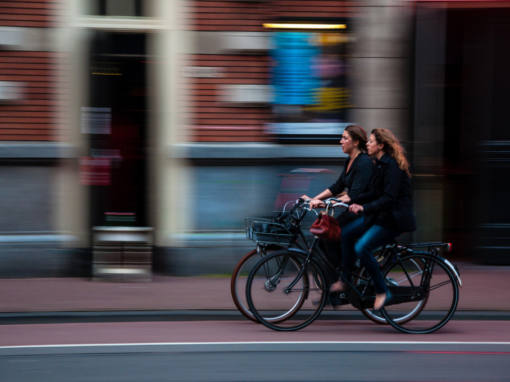
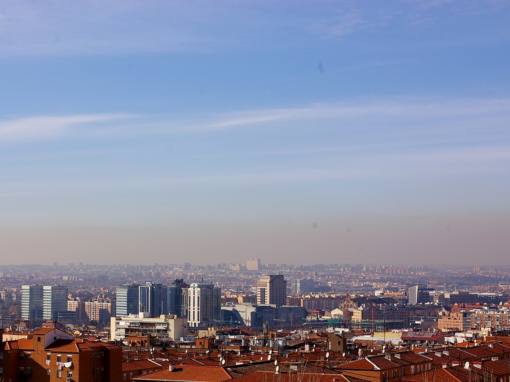
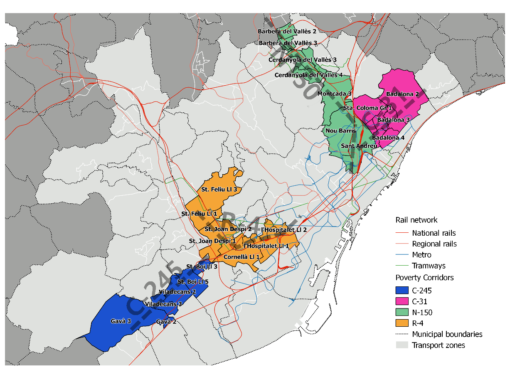
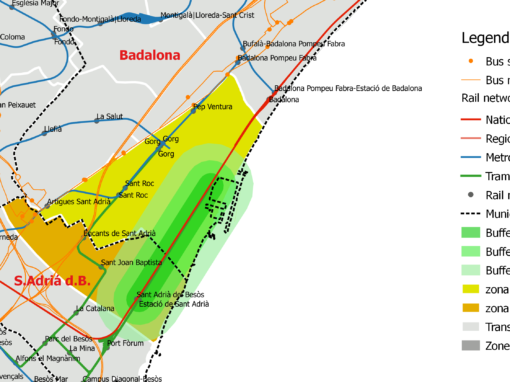
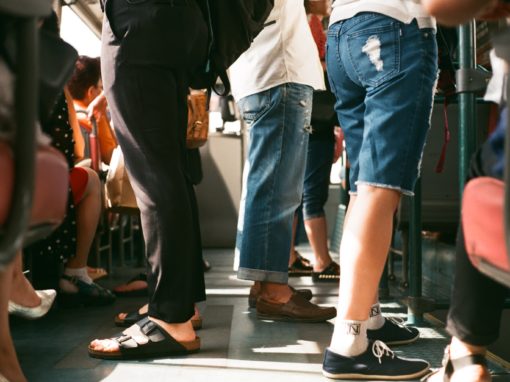

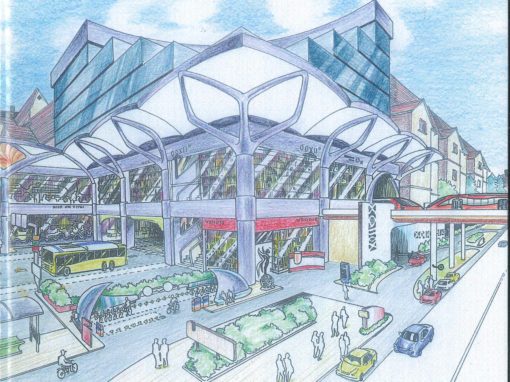
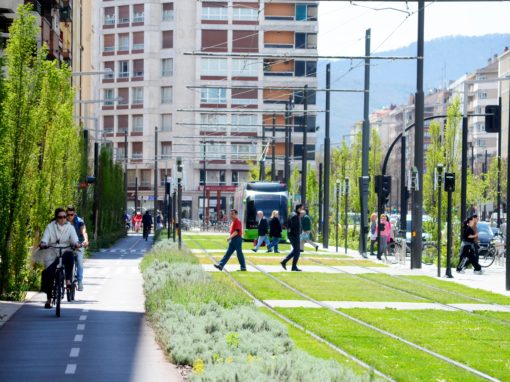
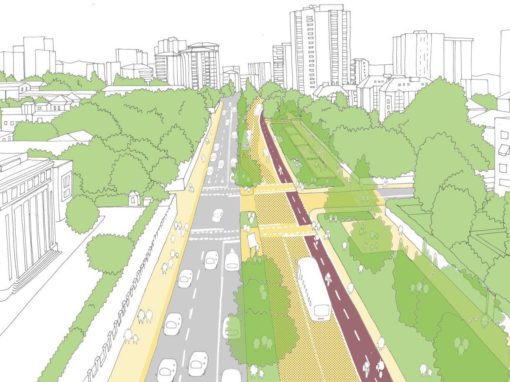
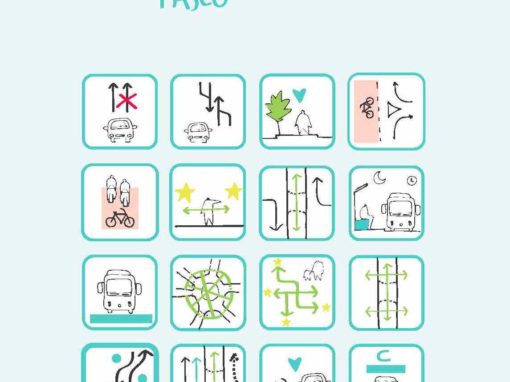
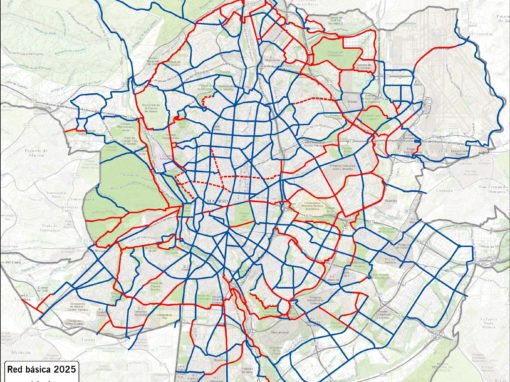

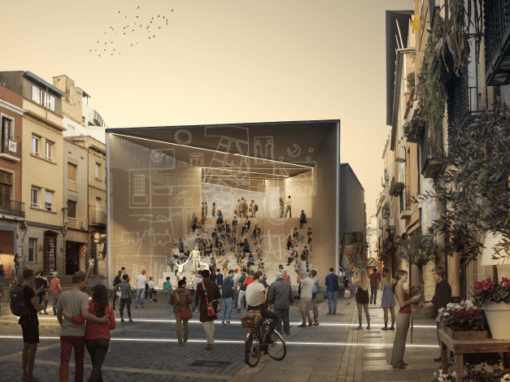
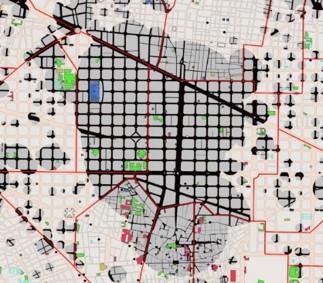

Publications
Contact us
If you have any questions, you want to know more about our services, or you are looking for partners to start a new project ...
